Easter is Germany’s most important Christian festival, celebrated with deep cultural and religious significance from Palm Sunday through Easter Monday. It marks the resurrection of Jesus Christ and the arrival of spring, bringing with it a season of reflection, renewal, and joyful gatherings. Good Friday, Easter Sunday, and Easter Monday are public holidays, during which most shops and businesses remain closed. Holy Saturday, however, remains a busy day for last-minute shopping and preparations.
One of the most charming traditions in Germany is the painting and decorating of eggs, symbolizing new life. In Lusatia, the Sorbian community continues a centuries-old tradition of adorning eggs with elaborate patterns using wax-resist techniques and natural dyes—a breathtaking art form passed down through generations.
The beloved Easter Bunny (Osterhase), a character rooted in German folklore, delivers colorful eggs and small gifts to children. First recorded in 17th-century texts, the bunny symbolizes fertility, hope, and the blossoming of life—key themes during this season of awakening.
In many parts of northern and central Germany, people gather for large Easter bonfires on the night before Easter Sunday. These fires, originally pagan rituals meant to chase away winter spirits, now stand as vibrant community events that bring people together around flames, laughter, and the promise of spring.
Equally symbolic is the Easter egg tree, or Osterbaum, created by decorating birch or pussy willow branches with hand-painted eggs, ribbons, feathers, and small ornaments. This beautiful tradition transforms homes and public squares into celebrations of nature’s rebirth and color.
During the Easter season, colorful markets spring up across the country. Visitors can enjoy handcrafted ornaments, traditional sweets, and regional delicacies, from intricately carved wooden eggs to chocolate bunnies. Among the most well-known Easter markets are those in Ludwigsburg and Munich, where the festive spirit fills the air.
Regional customs vary greatly across Germany. For instance, in Upper Lusatia, the Easter horseback procession (Osterreiten) is a stunning tradition where riders in traditional garb parade through the countryside, announcing the resurrection. In the south, solemn Good Friday processions still bring together communities in spiritual reflection.
On the table, Easter is a time for rich family meals. Traditional Easter brunches include sweet braided bread (Hefezopf), roast lamb, deviled eggs, fresh asparagus, and spring herbs—a delicious tribute to the new season and a reason to gather around with loved ones.
This Easter, we warmly invite you to celebrate with us and our boys!
We’re planning a joyful Easter celebration right at home, where laughter, music, and good vibes will fill the rooms. Imagine beautifully decorated eggs, soft spring light coming through the windows, and a long table full of sweet and savoury treats. Together with our boys, we’ll cook, dance, and play, creating memories that blend traditional Easter magic with our own style of fun and connection.
Whether you’re here for the company, or the sweet smiles of the boys—we promise a day full of warmth, laughter, and irresistible charm. So put on your bunny ears, bring your best mood, and join us for an unforgettable Easter party!
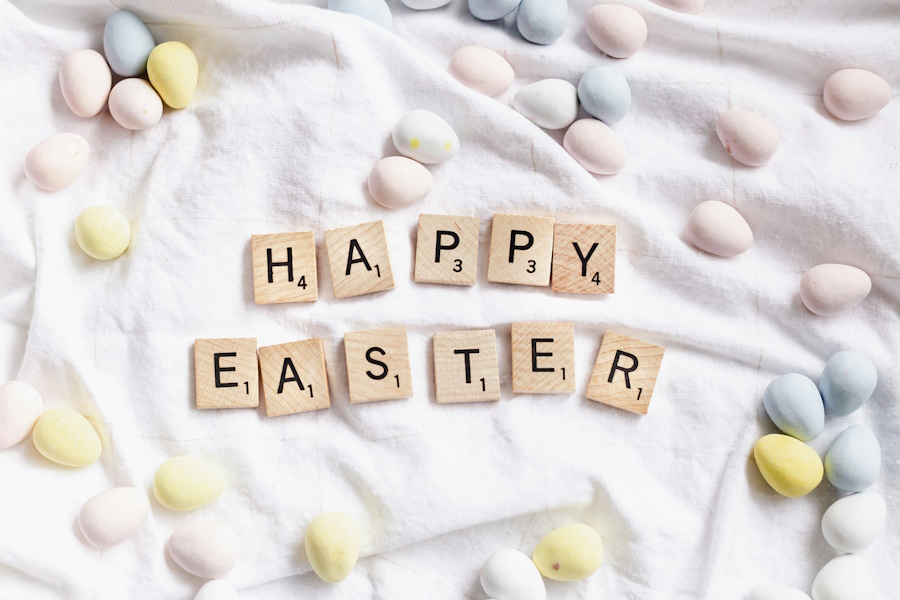

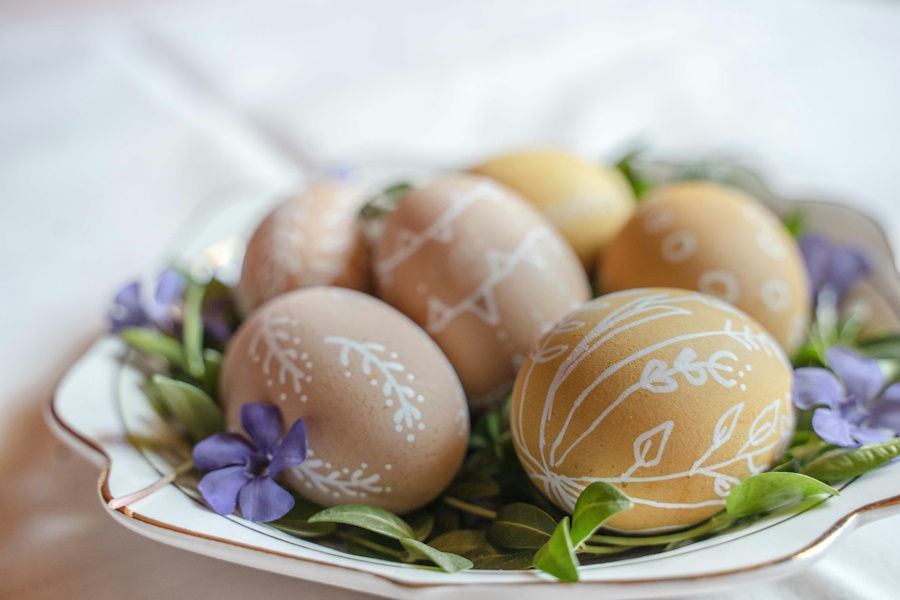
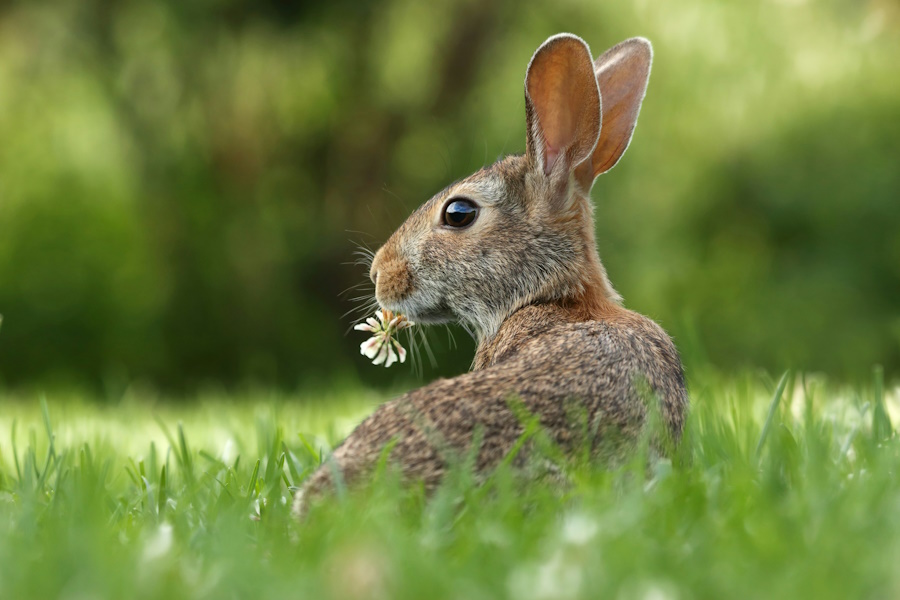
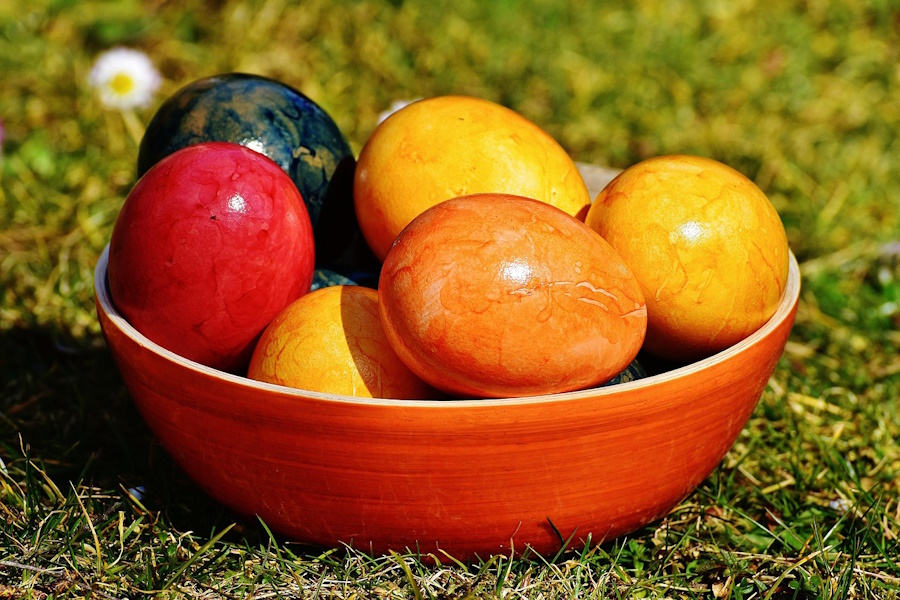
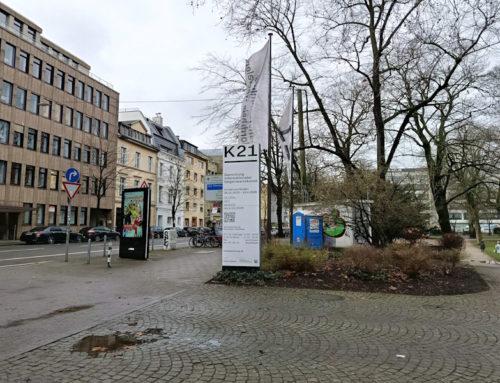
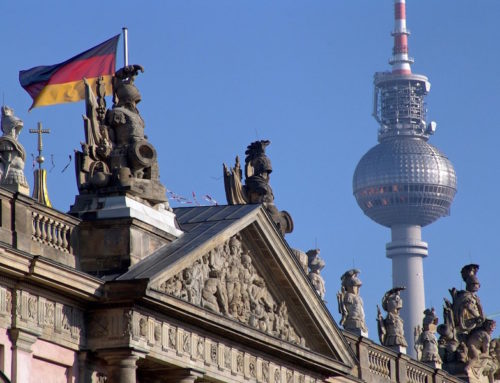
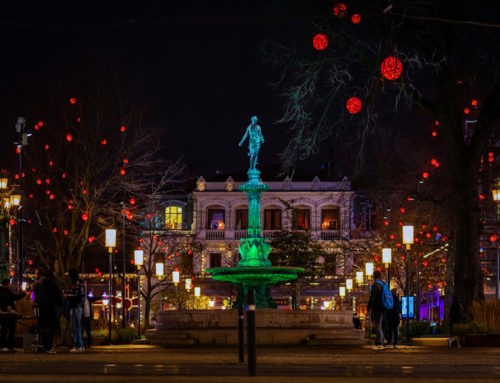
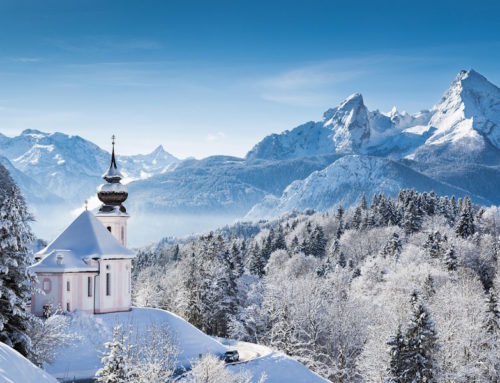
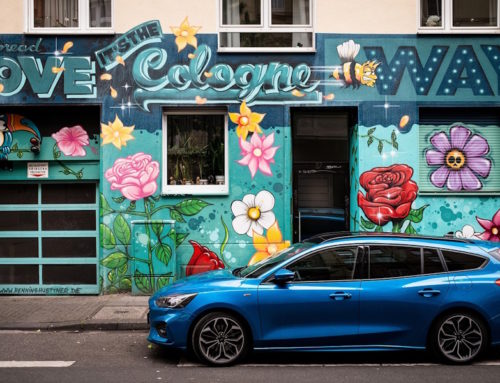
I was in Germany during Eastern and I met Rafa and Nikolai. That was a perfect experience. I love the location, it´s fantastic and together with the boys it was really luxus pure.
The next time when I will be in Germany I will go to Traumboys again for sure.
Thanks for all.
Leonid